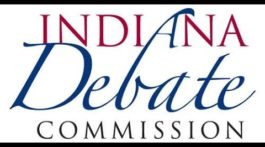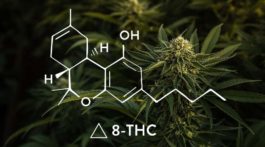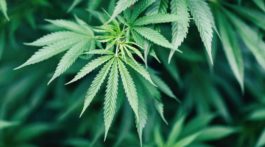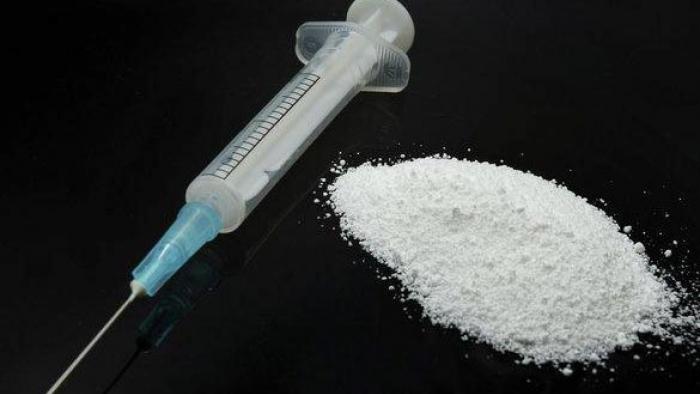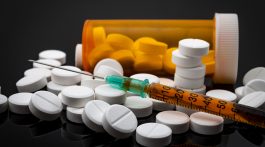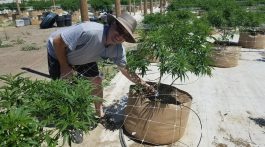by Brandon Dreiman
With so much discussion about narcotics overdoses, I have taken some time to review my perspective about addiction in general. I have heard several people say that “addiction is a choice,” and while I understand the perspective, I do not think it is an accurate assessment of what addiction truly is.
Addiction, while not a typical “disease,” is unarguably linked to chemical changes in the brain, which result in increased tolerances and withdrawal symptoms, which are sometimes fatal. There is also medical evidence that indicates a genetic element to the propensity to become an addict.
At the same time, however, I think a strong argument can be made that addiction is like any other compulsive behavior. The withdrawal element puts addiction on a different level than other compulsions, but at the end of the day, they all seem pretty similar. Having said that, do we view other compulsive behaviors as choices or weaknesses? Do we say that the OCD patient should just choose not to have OCD? Generally, I don’t think we do. We may realize we don’t understand why the person has the compulsion, but we generally don’t view the compulsion as a character flaw. Rather, we view it as a disorder of the mind or of behavior. In short, we consider those compulsions mental health disorders rather than choices.
The American Medical Association says addiction is a disease, and I tend to defer to them as experts. But the disease model was developed quite a while ago, and it may not fit perfectly to describe addiction as a disease as we learn more about it. As such, I also see the appeal of regarding addiction as a compulsive disorder. If we view addiction as a compulsive disorder, it would hopefully allow addicts to consider treatments that work for other compulsive behaviors.
The bottom for me is that, whether addiction is viewed as a brain disease or as a compulsive disorder, it isn’t simply a choice.A lot of the moralizing comes along with the argument that “they chose to do it.” Those who become addicted to pain meds, however, complicate that perspective. As many of us in healthcare (and elsewhere) recognize, some pain management protocols are recipes for addiction. Those patients follow the pain management regimen prescribed for them by a presumably trustworthy medical expert. They only intend to follow orders but ultimately become narcotics addicts. Blameless addicts if ever there were any, but yet, the addiction persists.
While the example of the pain patient who becomes an addict is admittedly a special case, let’s consider a rather routine case of addiction: alcoholism. I always consider how many people try alcohol. The percentages are very high. Out of those initial users, none think they will become addicts, but no one knows for sure who will become alcoholics and who won’t. However, despite the knowledge that a certain percentage will become addicted, a tremendous percentage of us try alcohol anyway. Are we all choosing to become addicts at that moment? If not then, when does the alcoholic make that choice? To me, the question isn’t as simple as it’s sometimes made out to be.
A lot of folks, rather than cavalierly proclaiming that “The addict picked her poison,” should instead proclaim “There, but for the grace of God, go I.”
Brandon Dreiman, JD, EMT-P
Firefighter/Paramedic



